Showing 1-15 of 33 results
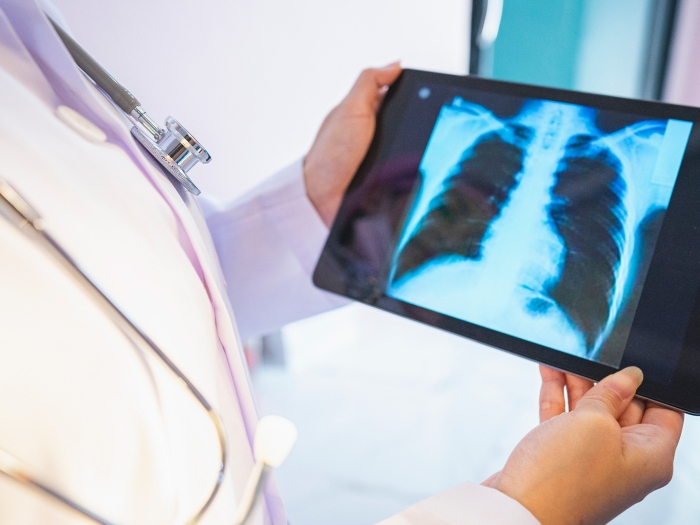
Health Lab
Researchers uncovered nine elements that have significant effects on a whether a patient may develop pneumonia, with nearly 20% of patients moving into a higher risk category based on what occurred during or following the surgery.

Health Lab
A team of researchers have spent the past eight years looking at better ways to transport organs for donation, specifically hearts, to improve the number of organs that can be used for transplants. They found that using a modified normothermic perfusion system heart preservation was feasible for up to 24 hours.
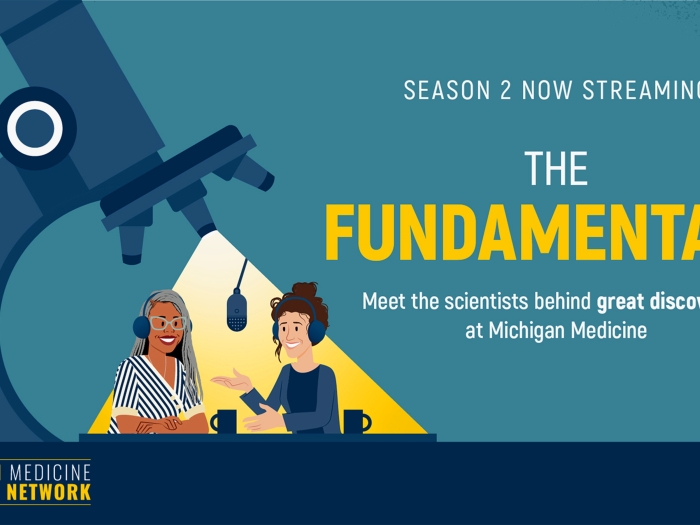
Medical School News
In the second season of The Fundamentals podcast, co-hosts Kelly Malcom and Jordan Goebig talk to several leading experts from the Medical School about their fields and the fundamental questions they are trying to answer — and discover why U-M is such an amazing place for research. Six new episodes of the popular podcast were released on May 6

The Fundamentals
On today’s The Fundamentals is Dr. Brummett, Professor at the University of Michigan where he serves as the Senior Associate Chair for Research in the Department of Anesthesiology. He has more than 280 publications, including articles in top journals such as JAMA, JAMA Surgery, Anesthesiology, and Annals of Surgery. He is the Co-Director of the Opioid Prescribing Engagement Network or OPEN at the University of Michigan, which aims to apply a preventative approach to the opioid epidemic in the US through appropriate prescribing after surgery, dentistry and emergency medicine. Moreover, he is the Co-Director of the cross-campus Opioid Research Institute, which was launched in the spring of 2023. He leads multiple NIH grants studying these concepts and receives funding from the Michigan Department of Health and Human Services, SAMHSA, CDC, and multiple foundations.
You can learn more about Dr. Brummett here, and you can follow Dr. Brummett @drchadb and the department of anesthesiology @UMichAnesthesia on X.

The Fundamentals
Dr. Jody Platt. She is an Associate Professor of Learning Health Sciences at the University of Michigan Medical School. Trained in medical sociology and health policy, her research focuses on issues at the intersection of informatics and ethics. She is interested in understanding what makes data-driven health trusted, and the pathways for earning, achieving, and sustaining trust across stakeholders. Dr. Platt is the Academy Health and ABIM Foundation Senior Scholar in Residence advising on issues of measuring and building trust.
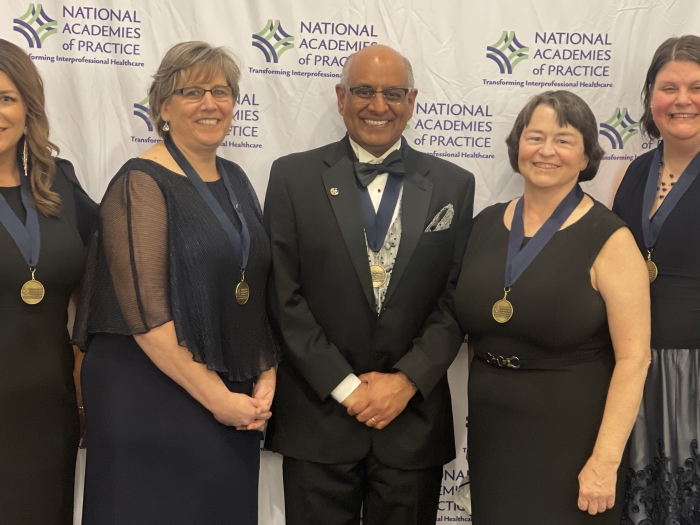
Medical School News
Six members of the University of Michigan community were inducted into the National Academies of Practice (NAP) as Distinguished Fellows in a ceremony held on March 16, 2024 in Jacksonville, Florida as part of the Annual NAP Meeting and Forum. The group includes faculty and clinicians from the University of Michigan, University of Michigan-Flint and Michigan Medicine.

Health Lab
Elective surgery study shows older adults have concerns about what it will cost them, how much work they’ll miss and whether they’ll catch COVID-19.

Health Lab
Surgery patients who drink at a risky level have higher risks of complications; surgical teams could use artificial intelligence to search their records for signs that they may need to cut back.
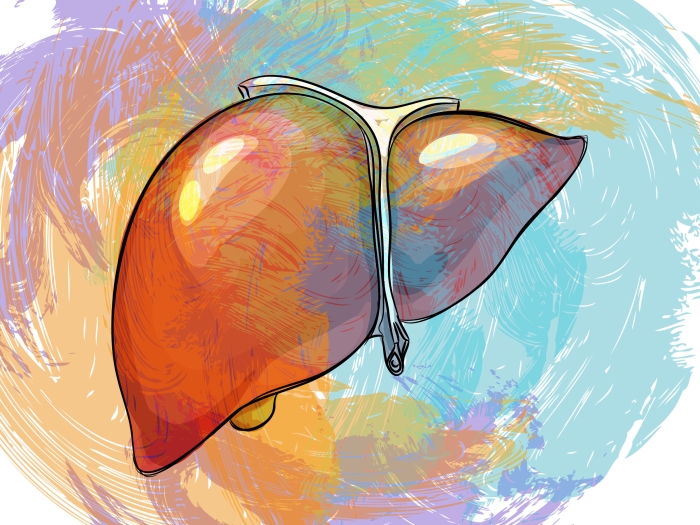
Health Lab
The process, also known as liver perfusion, works differently than traditional ischemic cold storage methods for donor livers by involving technology that recreates the optimal physiological conditions for the organ.
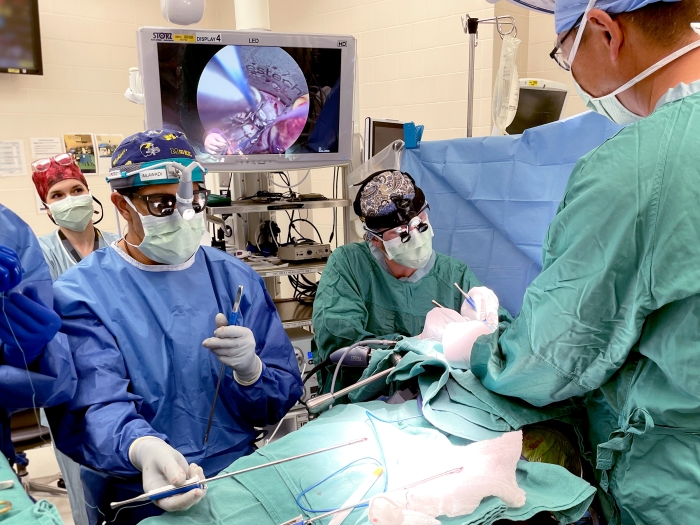
Health Lab
Michigan Medicine’s head of cardiac surgery, Gorav Ailawadi, M.D, M.B.A., answers questions about different treatment options for heart valve disease.

Health Lab
Older adults who live in disadvantaged communities are less likely to attend cardiac rehabilitation after common heart procedures, a Michigan Medicine-led study finds.

Health Lab
The vast majority of people who have a minimally invasive heart valve replacement procedure do not participate in recommended cardiac rehabilitation, a Michigan Medicine-led study finds.
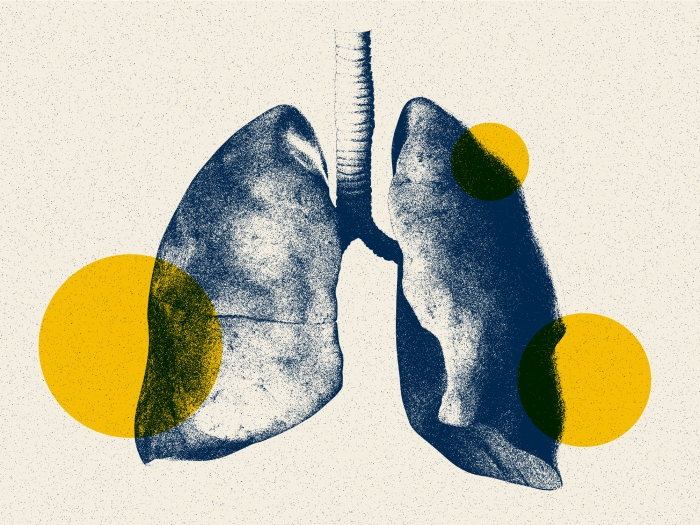
Health Lab
A recent study led by Sidra Bonner, M.D., M.P.H, M.S. a surgery resident at the University of Michigan Health, has now provided new information about the clinical impact of race-correction in pulmonary function tests for African American patients with lung cancer undergoing surgical evaluation.

Health Lab
Medical students who reported a disability to their school increased by more than 25% during the COVID-19 pandemic, a study shows.